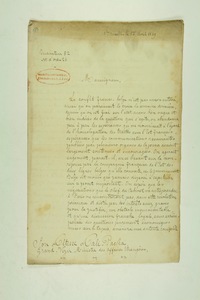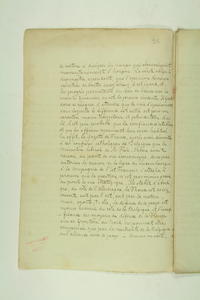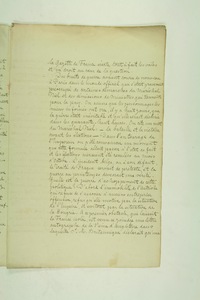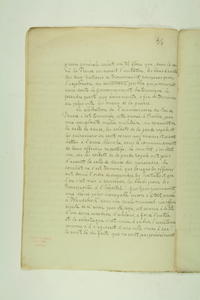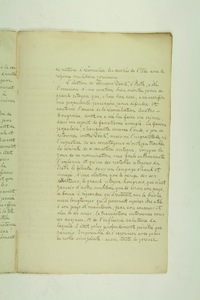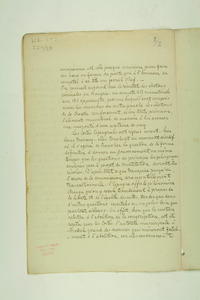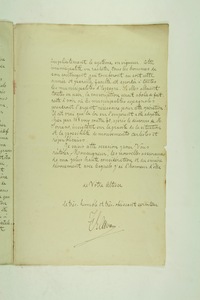Ottoman Diplomats
Letters from the Imperial Legation in Brussels (1849–1914)
Synopsis
Glavany reports that the Belgian-French railroad conflict had not come to an end yet. He hopes that the purely economic negotiations (attended by Belgian Prime Minister Frère-Orban) in Paris would not be troubled by ulterior motives. This seemed to have been a real concern of the public opinion, which made Glavany sound less optimistic than before. He summarizes a newspaper article from the Gazette de France, addressing this issue. Meanwhile, the demarches of French Field Marchal Niel and the dismissal of ministers who wanted peace, seemed to make war inevitable. Glavany explains that France felt isolated, because of the Belgian issue, the immobility of Austria, etc. In a letter, the British Queen strongly advised against taking the initiative for war. Glavany also reports about the Birthday celebrations of the Prussian King William, that ended in a violent and bloody conflict between armies. He links this to another violent incident, in Wandsbeck, which proves to him that the Elbe Duchies could not reconcile with Prussian politics. Furthermore, he mentions the election of François Deak in Pesth and portrays him as an honest man. The European press seemed to be unanimously in favour of him. Glavany continues his report with the results of the rest of the Hungarian elections and the Croatian ones. In Spain, the parliament was on the verge of deciding about the definitive formation of the government. Glavany notes how strange it is that Spain is sometimes reluctant towards liberty and equality, when it comes down to different religions, but accepts liberty and equality to the extremes at other times, i.e. when it comes down to compulsory military service. This, however, would be abolished eventually, as the municipalities can buy their soldiers, so they wouldn’t have to participate. Glavany wonders how the municipalities would pay for this. He also notes M. Serrano’s fear of Carlist and republican movements.
Facsimiles
How to cite
If you use this website for your own research, we kindly ask you to mention the following reference in your publications:
Consulted online at Ottoman Diplomats: Letters From the Imperial Legation in Brussels (1849–1914) (2014 Edition), Centre for Political History (PoHis), University of Antwerp, <http://dighum.uantwerpen.be/ottomandiplomats/>.
